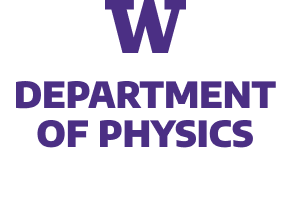Analog quantum simulation is emerging as a powerful tool for uncovering classically unreachable physics such as many-body real-time dynamics. We study a class of errors for approximate time evolution algorithms in Heisenberg-type systems on analog quantum devices described by the Ising Hamiltonian. A general framework for quantifying these errors is introduced and applied to several proposed time evolution methods, including Trotter-like methods and Floquet-engineered constant-field approaches. This analysis explains the interplay of different error sources arising from approximations to the propagator of a physical theory. The limitations placed on the accuracy of time evolution methods by current devices are discussed. Characterization of the error scaling provides a way to extend the presented Hamiltonian engineering methods to take advantage of forthcoming device capabilities.


